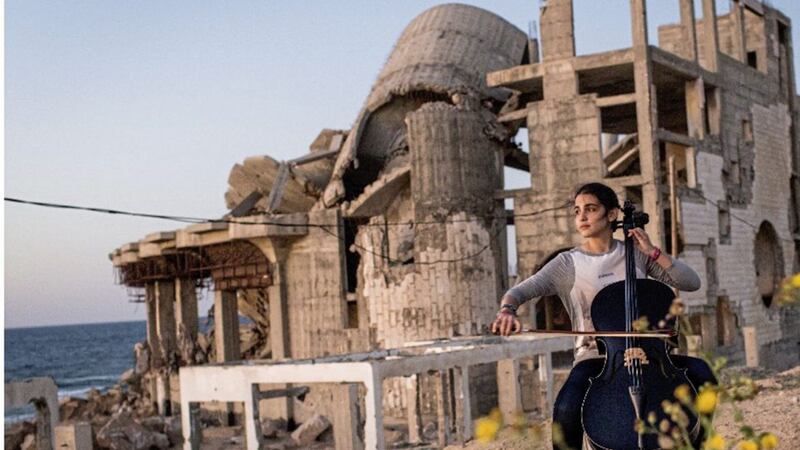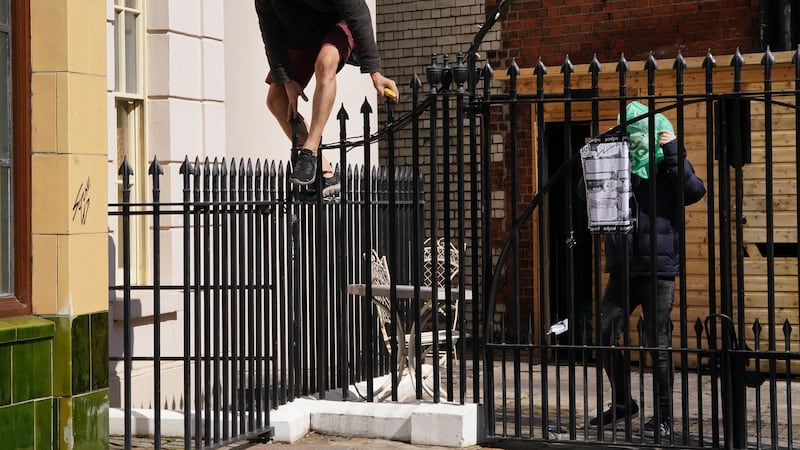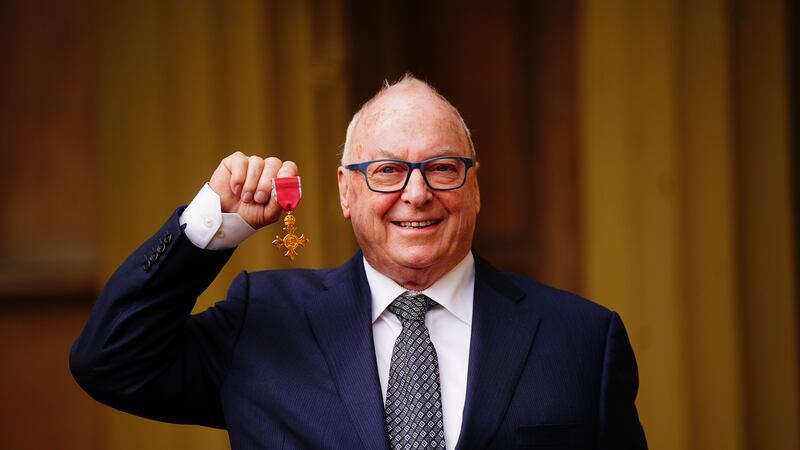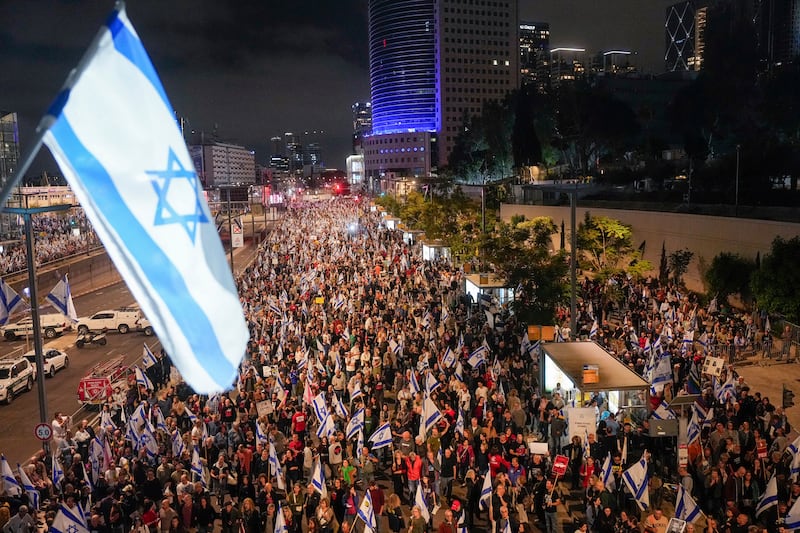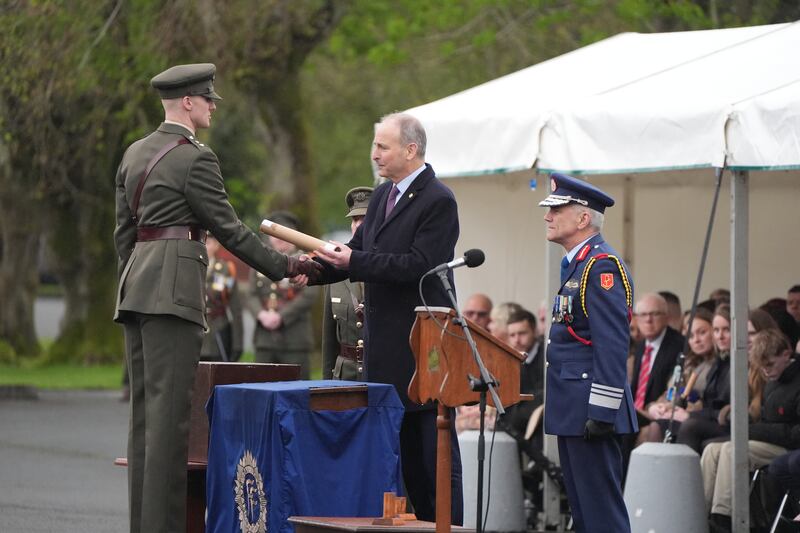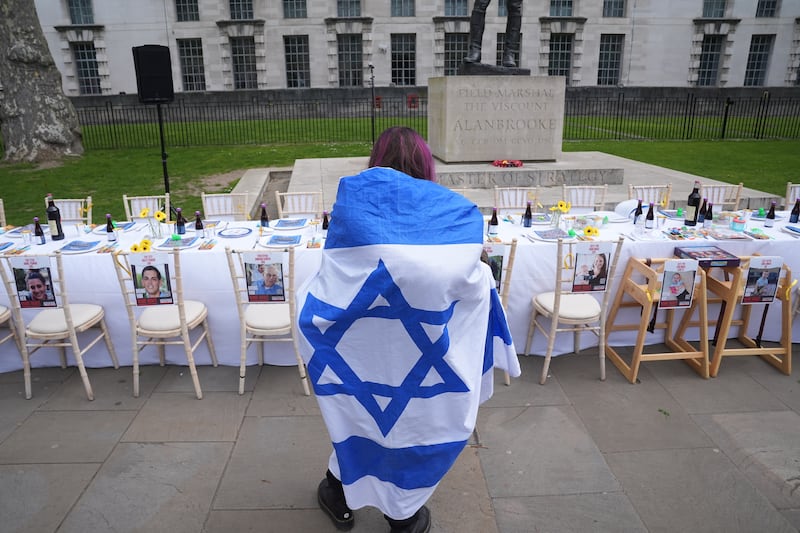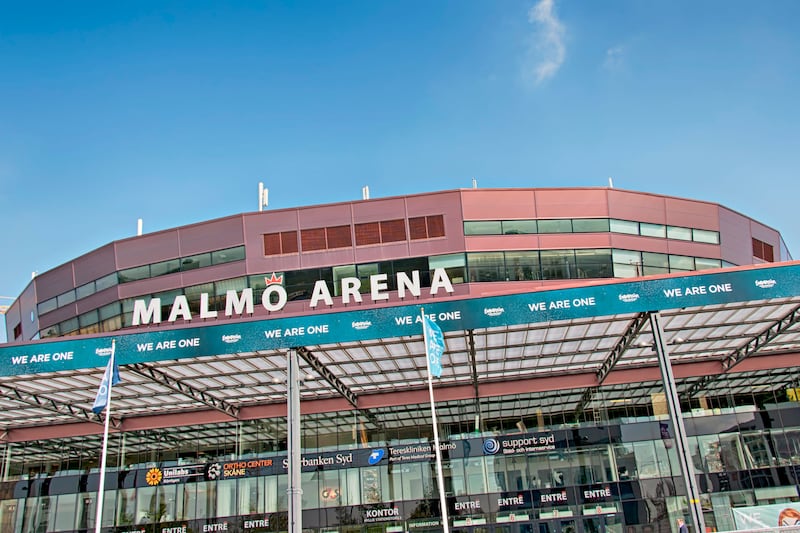CO-PRODUCED by Belfast-based Fine Point Films (No Stone Unturned, Bobby Sands: 66 Days), Gaza is an empathetic and visually arresting film focusing on day-to-day life in this embattled 25-by-seven-mile strip of Mediterranean coastline. Home to nearly two million people, the UN recently predicted Gaza will become effectively uninhabitable by next year.
Ballyshannon-born film-maker Garry Keane's collaboration with Beiruit-based Enniskillen-born still photographer Andrew McConnell takes a tapestry approach to its subject matter, introducing audiences to a diverse selection of ordinary Palestinians whose lives occasionally intersect.
The Gaza Strip has become a veritable human pressure cooker since Egypt and Israel instigated land, sea and air blockades in response to Hamas coming to power in 2007.
The enticing horizon beyond the Mediterranean Sea overlooked by Gaza's crumbling seafront and debris-strewn beach offers besieged inhabitants a refreshing visual respite from urban blight/strife – but even this vista is marred by the distinctive silhouettes of Israeli gunboats enforcing a three-mile restriction on Gazan fishermen.
Gaza the film offers us snapshots of lives lived against this often chaotic backdrop of civil and political unrest, with many of its subjects compelling enough to suggest they would be worthy of their own dedicated documentary.
Soulful cello-playing law student Karma lives a comfortable, middle class existence which contrasts sharply with aspiring teen fisherman Ahmed's life in a cramped beachside refugee camp. His older brother Ammar (one of 21 male siblings by his father's three marriages) was imprisoned by the Israelis for two years for the crime of straying beyond the aforementioned three-mile exclusion zone.
Photographer-turned-lifeguard Mahmoud lives to surf. Describing Gaza as being like "an open prison", the Jordanian born 20-something tells us via subtitles "I try to concentrate on freedom here," as we see him being towed behind a speedboat on his board.
Meanwhile, back on dry land, a veteran tailor laments the loss of his once prosperous garment factory. Now reduced to just two sewing machines, he struggles to make ends meet on a mere four hours of electricity per day and opines: "The whole world has abandoned Gaza because Hamas controls it – if we didn't have Hamas, the entire Palestinian issue would be resolved."
His dissent is contrasted with footage of masked Hamas soldiers patrolling streets, casually toting rocket-propelled grenade launchers and Kalashnikov rifles as they police a rally for their political leaders attended by thousands of Gazans waving green Hamas flags.
We also meet a taxi driver who chose to come to Gaza in the 1990s as he had heard its people were "very open minded and that they don't interfere in people's lives", a wealthy woman who put on "Gaza's very first fashion show" and veteran actor/director Ali Abu Yaseen all of whom fondly remember 'the old Gaza'.
He sums up the current situation with the depressing statement that "these people have been suffering for so long, they no longer realise the extent of their suffering," sentiments echoed by a Civil Defense paramedic who explains how 10 years of blockade (at time of filming) has produced a generation of young people with no future and no hope, for whom "today, tomorrow and yesterday are all the same".
Civil Defense paramedics deal with the bloody results of these angry young men venting their frustration by pelting Israeli border posts with sling-shot propelled rocks: the Israelis respond with tear gas and live rounds and the ambulances duly cart them away to be patched up.
Shot over four years from 2014 to 2018, the filming of Gaza coincided with Israel's major anti-Hamas military assault Operation Protective Edge. This 50-day war resulted in over 2,200 deaths, the majority of them Palestinians – including 500 children – during July and August 2014. Much of the bomb and bullet inflicted carnage and human tragedy captured by Keane and McConnell's cameras is soberingly reminiscent of scenes from our own Troubles.
With any luck, one day this film will serve as a chilling time capsule of a conflict which was eventually resolved. For the moment, Gaza's often highly cinematic collection of 'life goes on' stories functions as a timely glimpse into the day-to-day existence of ordinary people enduring extraordinary circumstances.
Gaza is showing at QFT Belfast from today, tickets and times via Queensfilmtheatre.com. The film is also showing at Omniplex in the Kennedy Centre, Belfast and Omniplex in Derry
GAZA (cert 15, 92mins), Documentary. Directors: Garry Keane, Andrew McConnell
Rating: 7/10
